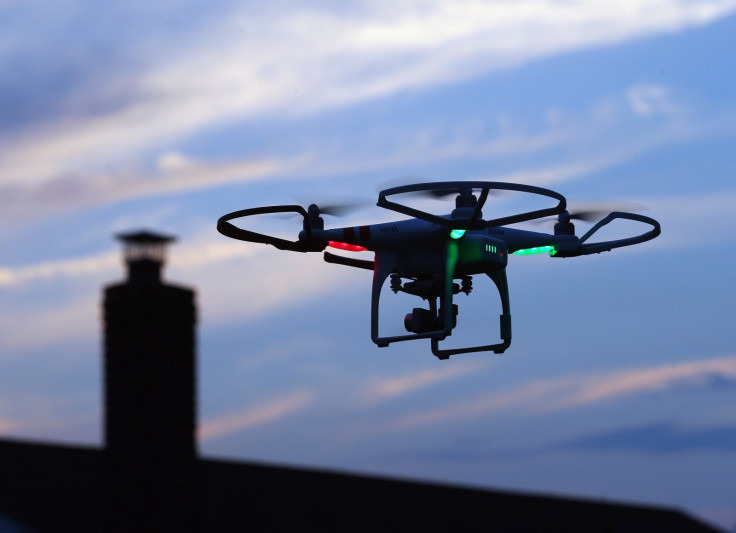Blockchain-based IoT project does drone deliveries using Ethereum
San Francisco-based Chronicled used Ethereum to authenticate drone package delivery system.

Chronicled, a San Francisco-based technology company that is currently developing a blockchain-hosted registry and protocol for the Internet of Things (IoT), has unveiled a prototype drone delivery system using Ethereum.
A video shows a drone equipped with a secure blockchain-registered BLE identity chip which is able to self-authenticate with a computer-controlled window and gain access to a private residence in order to deliver a package.
The computer operating the door is able to test the identity of the drone by asking the drone to cryptographically sign a random number, and then comparing this to the blockchain hosted public key that was registered at the time the drone went into service along with metadata describing the make, model, and specifications of the drone. In the prototype, the drone was registered to the blockchain by Wallmeds - a pharmacy that has been whitelisted by the owner of the home – and the door is able to open automatically.
Chronicled has developed an IoT and blockchain protocol which operates on the Ethereum public blockchain, described in computing science terminology as "Turing complete". This basically means the shared state of the blockchain can handle the functionality of a general purpose computer, as opposed to the simple movement of coin transactions on Bitcoin, for example.
Chronicled engineer Maksym Petkus said: "As far as we know, this is the first use of blockchain technology in interaction with a dynamic physical object and access control in real-time. In a future version, we can assign the drone a digital wallet, so that it can send and receive micropayments. For example, the drone could make a payment for accessing a landing pad equipped with a battery recharging station."
Chronicled is currently focused on authentication and user engagement for consumer and luxury products, but with an eye toward future applications of the platform, some of its engineers undertook the drone demo as a "hack week" project, according to CTO Maurizio Greco.
Since the system is decentralised, hypothetically any individual could register a drone containing an identity chip to blockchain and send packages back and forth across town to a friend or family member with a programmed route and simple access control devices on the windows. The identity chip within the drone, manufactured by Silicon Labs and running Chronicled custom firmware, protects a private key that enables the chip to cryptographically sign random challenges, which is the basis for the blockchain authentication. The chipset and special firmware is available for brands, companies, and hobbyists who are interested to create secure digital experiences for physical property.
The demonstration presages a world in which autonomous vehicles will provide a plethora of services to customers. These drones will need to be easily recognisable and securely verifiable to the infrastructure and machines with which they interact, and the systems and apps that arise to support this Internet of Things will need to be completely interoperable with secure identities in order to support the interaction of numerous organisations, products, operating systems, and individuals.
Chronicled Engineer Allen Sogis-Hernandez, added: "Until now our relationship with the Things we own has been somewhat reminiscent of a parent and infant. The Things are cute, we adore them, but they lack an identity and they are helpless. The IoT Protocol can change this, allowing Things to gain a life of their own, with a secure identity, wallet, and reputation, all precursors to Things being able to self-authenticate, cooperate, and transact without human assistance."
© Copyright IBTimes 2025. All rights reserved.






















